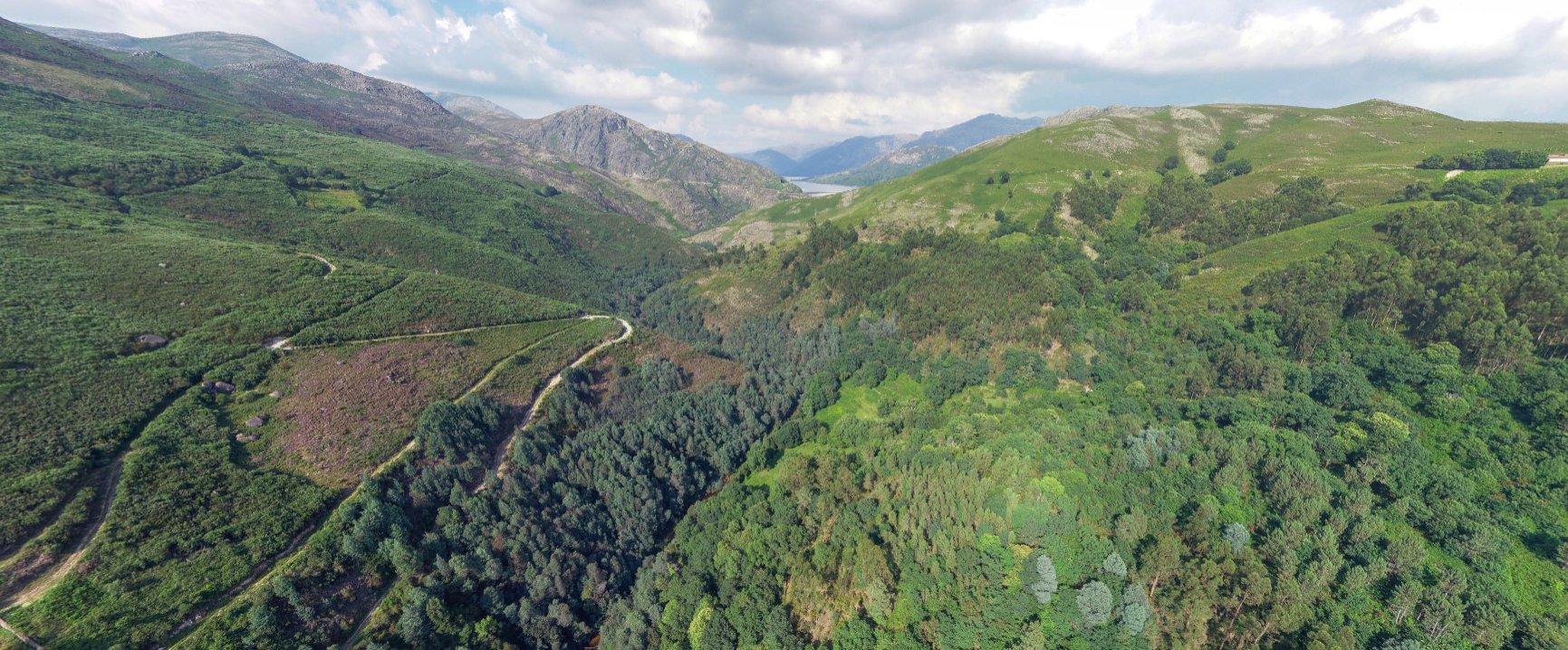Climate change is recognized as a major threat to global biodiversity, but there is uncertainty about the extent at which climate change will impact biodiversity, ecosystem services, and the thresholds above which ecosystems are irreversibly changed. Freshwater ecosystems are biologically rich and play major roles in providing ecosystem services, but they are mostly altered and vulnerable to the impacts of climate change.
Early research on Biodiversity and Ecosystem Functioning (B-EF) has tested for effects of plant species richness on primary productivity in grassland ecosystems. As the majority of primary production enters detrital food webs, B-EF studies have expanded into detritus-based ecosystems to better understand the importance of biodiversity on decomposition and nutrient cycling. Decomposition of allochthonous plant-litter is a key ecosystem process in freshwaters that depends on the riparian vegetation and the decomposer communities, namely fungi, bacteria and invertebrate shredders. This creates a strong unidirectional link between terrestrial primary producers and the aquatic consumers making stream detritus-based food-webs ideal systems to explore B-EF relationships.
In the STREAMECO (PTDC/CTA-AMB/31245/2017), we will use plant litter decomposition, fungal decomposers and invertebrate detritivores as a model system to assess impacts of climate change in streams. We aim to predict how biodiversity, ecosystem functions and services respond to multiple stressors related to climate change (warming, drought and nutrient enrichment) and further contribute to a better management of stream ecosystems.
Experiments will be conducted in field and mesocosms because mesocosm simplicity allows a high degree of control and replication. We will include in silico studies in an attempt to overcome the practical constrains of single experiments.
